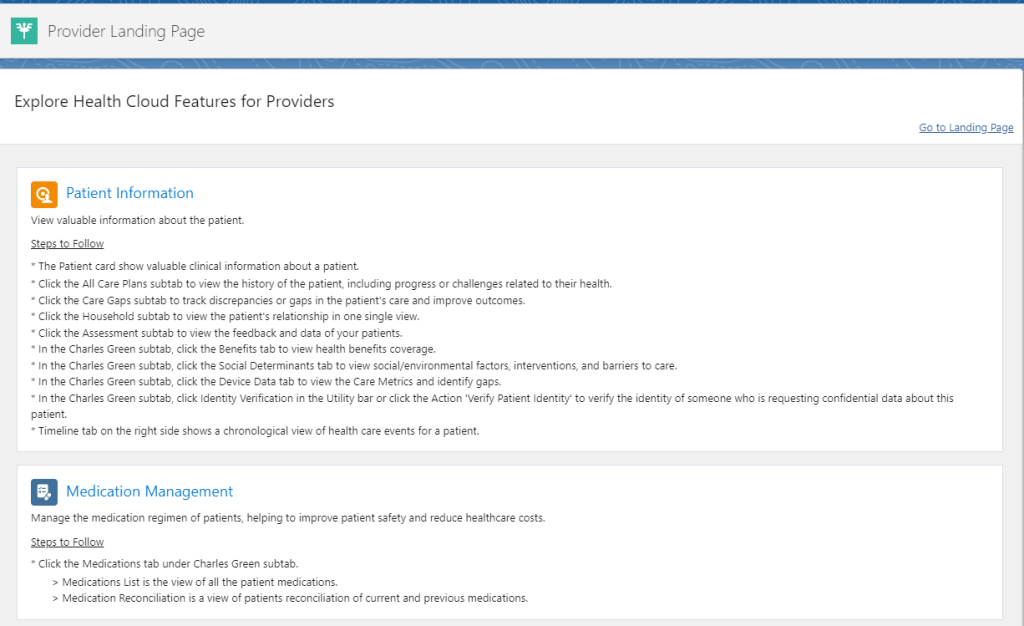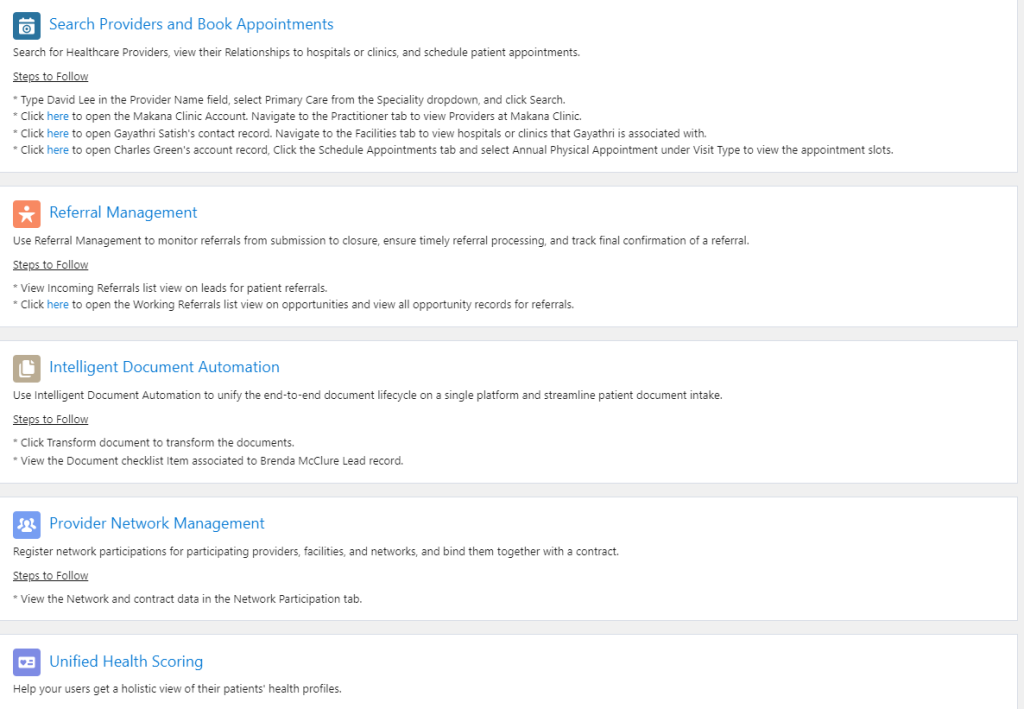Introduction
Salesforce is a leading provider of cloud-based software solutions that are used by businesses of all sizes and across all industries. Salesforce’s platform provides organizations with a range of tools to manage their customer relationships, automate their sales and marketing processes, and streamline their operations. One of Salesforce’s most exciting offerings is its Health Cloud platform, which is designed specifically for healthcare providers.
Salesforce Health Cloud is a cloud-based platform that enables healthcare providers to have a complete view of the patient, including their medical history, diagnoses, medications, and treatments. By leveraging the power of Salesforce, Health Cloud helps providers deliver personalized care that is both proactive and preventative.
In this blog, we’ll take a closer look at what Salesforce Health Cloud is, how it works, and what it can do for healthcare providers.
What is Salesforce Health Cloud?
Salesforce Health Cloud is a healthcare-specific version of the Salesforce CRM (Customer Relationship Management) platform. It provides healthcare providers with a single, unified view of the patient, allowing them to better manage patient relationships and deliver personalized care.
Health Cloud is built on the Salesforce Lightning platform, which means it is highly customizable and scalable. It can be easily configured to meet the unique needs of healthcare providers and can be integrated with other healthcare systems, such as Electronic Health Records (EHRs).

How does Salesforce Health Cloud work?
Salesforce Health Cloud works by bringing together data from a variety of sources, including EHRs, medical devices, wearables, and other healthcare systems. This data is then organized into a unified patient profile, which can be accessed by healthcare providers from any device or location.
Health Cloud also includes a number of powerful tools that help healthcare providers deliver personalized care. For example, it includes a care coordination tool that allows providers to collaborate with each other and with patients in real time. It also includes a patient engagement tool that enables providers to communicate with patients through their preferred channels, such as email, text, or social media.
What can Salesforce Health Cloud do for healthcare providers?
Salesforce Health Cloud can help healthcare providers in a number of ways, including:

Improving patient outcomes: By providing a complete view of the patient, Health Cloud enables providers to deliver more personalized care that is tailored to the individual’s unique needs.
Increasing patient engagement: Health Cloud’s patient engagement tool enables providers to communicate with patients through their preferred channels, which can help improve patient satisfaction and loyalty.
Streamlining care coordination: Health Cloud’s care coordination tool allows providers to collaborate with each other and with patients in real time, which can help reduce errors and improve care quality.
Enhancing operational efficiency: Health Cloud’s powerful analytics tools provide healthcare providers with insights into their operations, which can help them identify areas for improvement and optimize their workflows.

Conclusion
Salesforce Health Cloud is a powerful platform that has the potential to transform healthcare delivery. By bringing together data from a variety of sources and providing healthcare providers with a complete view of the patient, it enables them to deliver personalized, proactive, and preventative care that can improve patient outcomes and increase patient engagement.
Whether you are in the healthcare industry or another industry altogether, Salesforce can help you optimize your operations, streamline your workflows, and deliver better customer experiences. Contact us today to learn more about how their solutions can help your organization.


